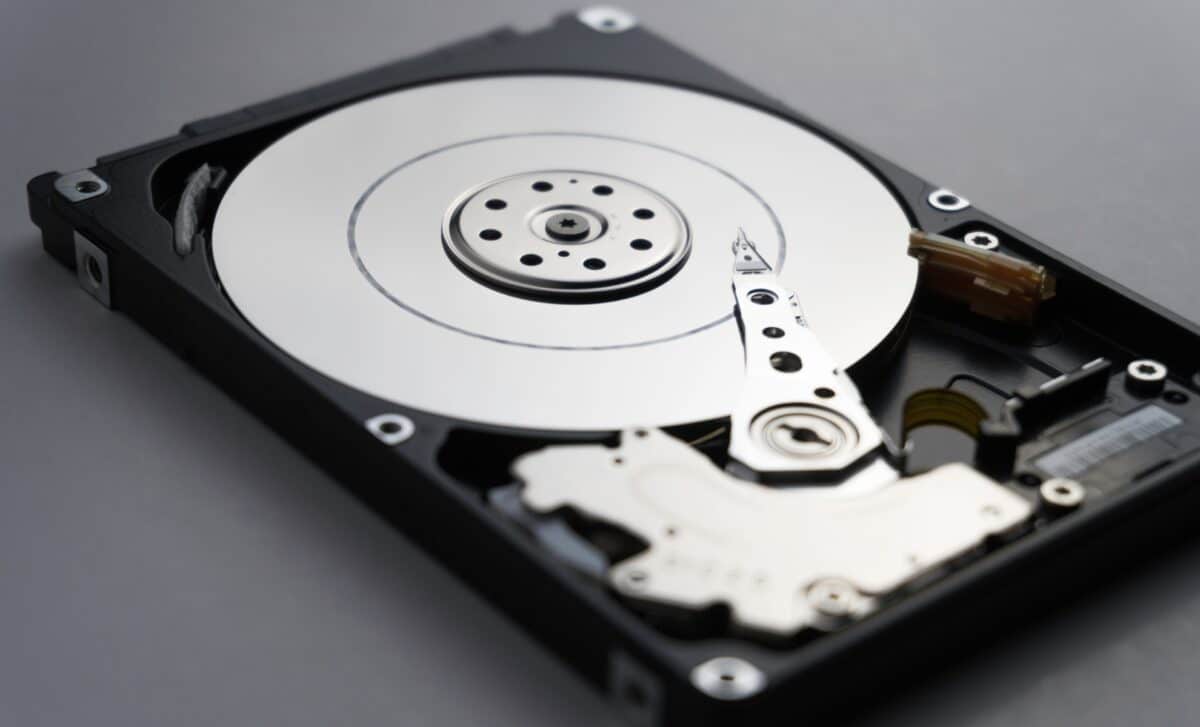When a Reddit user in the United States ordered a new solid-state drive (SSD) online, he got more than he expected. The 1-terabyte drive, which was advertised as brand new, contained 800 gigabytes of pre-existing data. Upon further inspection, the files revealed a suite of high-end audio production software that could be worth thousands of dollars. This surprising discovery has sparked a wider discussion on digital safety and the practices surrounding the resale of electronic devices.
The drive, purchased by the user known as All-Seeing_Hands, was advertised as a new, empty storage device. However, when he plugged it into his computer, he found a trove of professional-grade music production tools, including well-known programs like Kontakt and Reaktor, developed by Native Instruments.
These programs are commonly used in the professional music industry, particularly by composers working in film and gaming. The total value of the software could easily run into the thousands, raising questions about the integrity of the device’s previous ownership and the risks involved in purchasing such products online.
AI Could Collapse: Elon Musk Sounds the Alarm Over the “Human Data Shortage”
A Trove of Valuable Software
The unexpected discovery of 800 gigabytes of data on a brand-new SSD has drawn significant attention online. The files found were not only intact but also included high-end audio software such as Kontakt and Reaktor, both developed by Native Instruments.
These programs are essential tools in the professional music production industry, and their combined retail value is substantial. According to the Reddit post, the software found on the drive could easily be worth several thousand dollars. This revelation has prompted discussions among Reddit users about the possible origins of the drive and whether it had been resold after a previous owner failed to wipe its contents.
The presence of such valuable software on the SSD raises immediate concerns. The programs were not corrupted or tampered with, suggesting that the drive was not sold as “new” by mistake. This led many users to speculate that the drive might have been returned by a previous buyer who did not bother to erase its contents before returning it, or possibly repackaged by a retailer without a thorough inspection.
The Risks of Buying Second-Hand Electronics
While this incident highlights a specific case of software exposure, it also underscores a larger concern about buying electronics online, especially second-hand or returned goods. In many cases, returned devices undergo only minimal inspection before being repackaged and placed back on shelves.
Some users on Reddit pointed out that if the SSD had indeed been returned, it is possible that the contents were never checked before it was sold again as “new.” According to experts, this is a common oversight in the resale of electronics, particularly in retail environments where returned goods are frequently sold without proper verification.
This lack of thorough inspection poses a significant risk to consumers. Unchecked devices could contain anything from leftover personal data to potentially harmful software, including malware. In this case, some Reddit users speculated that the software could have been intentionally placed on the drive as part of a scam. If this were the case, it could imply a broader issue of malicious actors targeting unsuspecting buyers.
Digital Security Concerns and Best Practices
The discovery of these hidden files also raises alarms about digital security, particularly in the context of purchasing used or returned storage devices. Cybersecurity experts have long advised consumers to wipe any new or second-hand storage devices before use.
Even if the device appears to be free of any obvious issues, unverified files could still pose a threat, including the risk of malware or other forms of cybercrime. The software found on the SSD, while legitimate in terms of its market value, could have concealed harmful code designed to compromise the user’s device upon installation.
This incident also brings attention to the importance of verifying digital content and ensuring that devices are free of any unauthorized or pirated software. The presence of unlicensed software could carry legal implications, as many commercial programs have strict licensing agreements.
Violating these agreements could expose users to potential legal or financial consequences. According to digital rights advocates, it is essential to scan hardware thoroughly before installing any software, particularly in the increasingly common situation where returned goods are resold.








